Postnatal period
Many things happen in the first week after birth. You have to recuperate, get to know your baby, start breastfeeding and screening tests will be carried out for your baby.
Recuperate
When you have just given birth, you need to recuperate. You worked hard during labour and now your baby is on your chest. You first have to catch your breath because a lot has happened. The baby will be dried and gets an Apgar score without you noticing it. This score is an indication of the condition of your baby.
During the first week it is important to rest as much as possible. Your baby may turn day into night. During the day, your baby is often rather quiet and you also receive help from the maternity care assistant. During the night she or he may want more attention and will drink frequently too. Therefore, try to rest during the day as much as you can and sleep when your baby does. It is nice to have visitors but not for too long. Often you only feel how tired you are when they have gone.
Breast or bottle-feeding
If you have chosen to breastfeed it helps to feed frequently during the first few days. The first moments after birth, the baby needs to recuperate just like you. After about half an hour most baby’s start to suck on their hand or they make suckling noises. This is a good moment to put your baby to the breast. Don’t worry if breastfeeding does not work straight away. It is a learning process, for your baby and for you. During the first week you will receive help from the maternity care assistant, so that things will be a lot better after one week.
If you give bottle-feeding, you start to give 10 cc each feeding. The stomach of a baby is very small and can not contain more than this. Each day you rise the amount with 100 cc every feeding until 100-120 cc.
Newborn blood spot test and hearing test
You have to register your baby at the council within 3 days after birth. The baby will then be registered in the population register. Through this registration, the screening tests will be organised; the newborn blood spot test and the hearing test. See here. The blood from your baby will be taken from the foot and will be tested for several diseases and carriership of diseases. These diseases are very rare; if they are detected early they can be treated very well. The screening tests will be carried out by the Public Health department (GGD) at your home.
[translation needed]
Every baby cries now and then
For partners
Your baby is born! We hope you could assist your partner during birth and you are proud of her. Also for you we advise to take enough rest. Spend time with your wife and child. And there are also some practical things to arrange:
- The acknowledgement of the baby: make an appointment at the stadsdeelkantoor.
- The birth cards can be ordered (if you join this old Dutch tradition of sending cards to let your relatives know that the baby is born)
- Family and friends are getting informed. Take care of a good planning of all the visit.
- You will be sent to different kinds of shops to organise all things for your partner, that are suddenly very necessary like sanitary napkins, nippelshields, breast pump etcetera

